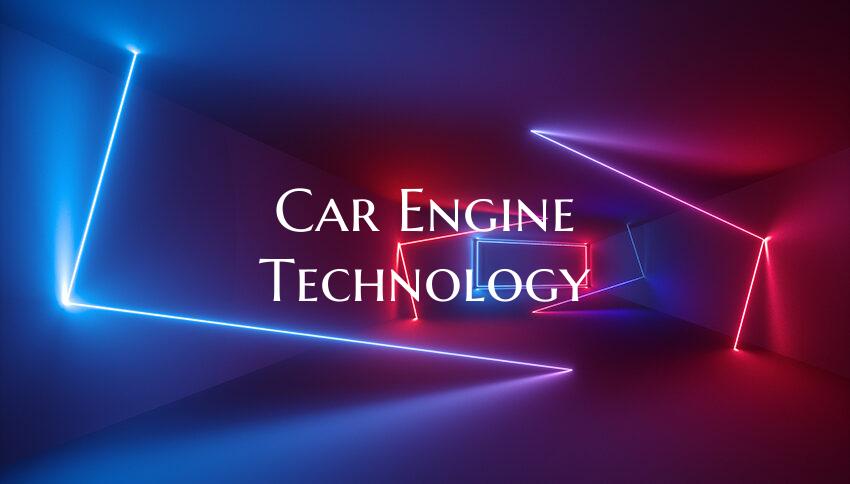Car Engine Technology
In recent years, car engine technology has witnessed significant advancements, revolutionizing the automotive industry and transforming the driving experience for millions of people worldwide. From more efficient fuel consumption to reduced emissions and enhanced performance, the evolution of car engines continues to push boundaries and set new standards.
One of the key trends in car engine technology is the shift towards electric and hybrid engines. With an increasing focus on sustainability and environmental concerns, many car manufacturers are investing heavily in developing electric vehicles (EVs) and hybrid models. These engines offer a cleaner and more efficient alternative to traditional internal combustion engines, reducing the carbon footprint and dependency on fossil fuels.
Another notable development in car engine technology is the integration of turbocharging and supercharging systems. By compressing air and forcing it into the engine cylinders, these systems provide a significant boost in power output without sacrificing fuel efficiency. This innovation has enabled smaller, more fuel-efficient engines to deliver the performance of larger ones, giving drivers a dynamic driving experience with improved acceleration and responsiveness.
Moreover, advancements in materials and manufacturing techniques have led to the creation of lighter and more durable engine components. Lightweight materials, such as carbon fiber and aluminum alloys, have become increasingly popular in engine design, enhancing overall efficiency and performance. Additionally, precision engineering and 3D printing technology have enabled the production of intricate engine parts with high precision, contributing to smoother operation and reduced wear and tear.
Furthermore, the integration of smart technologies and connectivity features in car engines has revolutionized the way vehicles are monitored and maintained. Advanced onboard diagnostics systems can now analyze engine performance in real-time, alerting drivers to potential issues before they escalate. Telematics and remote monitoring capabilities allow car owners to access valuable engine data and receive software updates over-the-air, ensuring optimal performance and efficiency.
In conclusion, the evolution of car engine technology is driving innovation and shaping the future of transportation. With a focus on sustainability, performance, and connectivity, car manufacturers are continuously striving to develop engines that are cleaner, more efficient, and technologically advanced. As these trends continue to unfold, drivers can look forward to a new era of automotive excellence and a greener, more sustainable driving experience.

